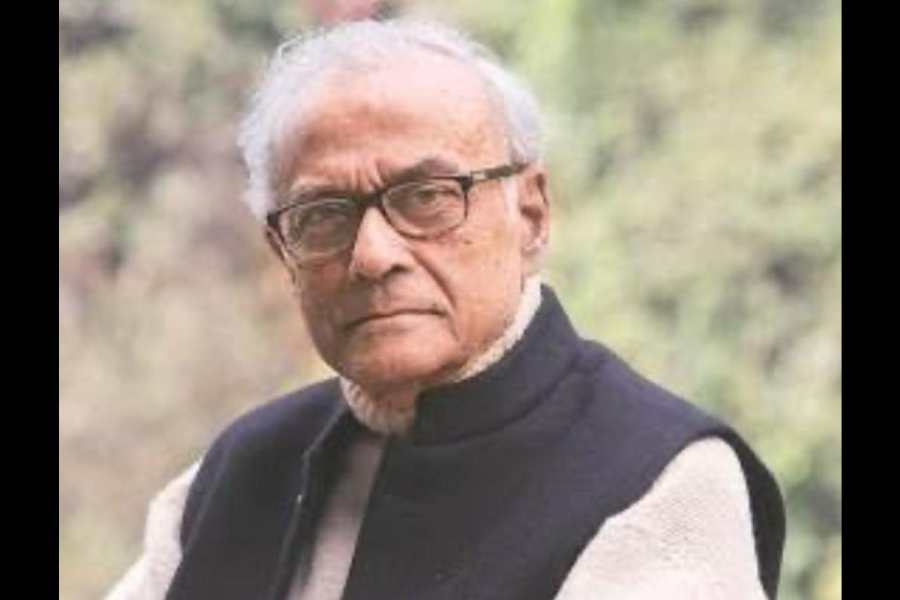Deb Mukharji, IFS (retd) and former Indian high commissioner to Dhaka, spoke to Sankarshan Thakur of The Telegraph on the Bangladesh crisis.
Q: In the context of the seminal events in the Indian subcontinent, how do you see the events that unfolded in Bangladesh today?
Mukharji: Too early to say, too early. But this is a huge moment. The parallel that immediately comes to mind is what happened in Nepal in 2007 when the army (under the direct command of the monarchy) refused to fire on the people and the demand for a return to democracy had to be accepted by the King (Gyanendra, the last Nepali monarch). But let us see how this unfolds.
Q: What does this mean for India?
Mukharji: Again, I would say this is too soon to judge, events are moving fast even as we speak. That said, the truth is that Sheikh Hasina’s Awami League government had a very good relationship with India for several years. Many things had moved forward in a very positive way, especially in trade, in the power sector, in communications and transit. One of the allegations against Sheikh Hasina in Bangladesh was that she was too pro-India. I am not able to comment on that, but the truth is under her, India and Bangladesh enjoyed very good relations.
Q: Do you see all that changing now? Especially because, as you say, Sheikh Hasina was seen as pro-India and now she has been ousted?
Mukharji: That remains to be seen. I would be careful not to judge too soon. We will have to see what the new all-party government will do. It is to be expected that the formation of such a government will lead to fresh elections. These are very momentous events for Bangladesh, and not Bangladesh alone. Let us hope stability returns quickly and there is no further loss of life.
Q: Do you not believe things will turn adverse for India with the Jamaat in Bangladesh sensing victory? What would a strong, empowered Jamaat in Bangladesh imply for us?
Mukharji: It is a bit difficult to speculate immediately over what the role of the Jamaat will be and what it would mean for India. The Jamaat has not been friendly to India in the past, but I cannot predict the future. Jamaat enjoys only about 5 per cent vote share in Bangladesh. Things are in a flux. The Indian government will have to look very closely at what transpires hereon. We had deep stakes in Bangladesh, political, social and cultural, and I hope that key aspects of the Indo-Bangla relationship can be protected.
Q: There is a history to the creation of Bangladesh, and what happens there can barely ever be seen in isolation from Pakistan…
Mukharji: The Pakistanis would be very happy at today’s developments in Bangladesh, that I can say. The Chinese will also be watching the developments very carefully. We are most affected because we have a shared border and therefore the implications for us are far bigger. We will have to watch how the polity and people of Bangladesh resolve this.
Q: Do you believe it was right for India, to have bailed out and offered safe haven to Sheikh Hasina as is being speculated?
Mukharji: I think there are some decisions that go beyond considerations of politics or diplomacy. We have a duty to protect a friendly neighbourhood leader in times of trouble. Sheikh Hasina has been friendly. It is the correct decision.
Q: Historically speaking, would you say this is the end of the legacy and family of Sheikh Mujibur Rahman in Bangladesh?
Mukharji: That’s a very interesting question. Sheikh Mujib’s contribution to the struggle for the birth of Bangladesh is a matter of public record. Nobody can deny that. I should also say that Hasina had to fight off huge odds to become Prime Minister of Bangladesh, I know what sort of difficulties she had to face. The record of the Awami League has been outstanding, specially the economic strides it took Bangladesh through.
(Hasina’s US-based son, Sajeed Wajeb Joy, indicated in an interview that his mother may not return to active politics.)
Yes, there are allegations about the method of Sheikh Hasina’s functioning. I am not competent to comment on that. But the agitation which has brought Bangladesh to this stormy pass could have been handled with greater finesse. Some of the aggressive statements made by actors of the Awami League were rather unfortunate. I think Bangladesh should be grateful to Sheikh Hasina for fighting off Islamic fundamentalism. Let us not forget Holey Artisan Bakery (where a terror attack killed 24 people in 2016).











